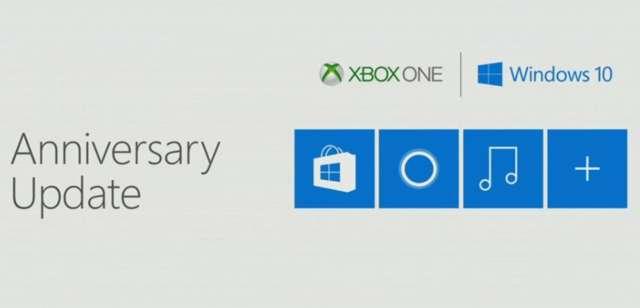
Windows 10 Reaches 300 Million Installs
By L.Reuter 05 May 2016
Windows 10 is now running on 300 million "active" devices, Microsoft announced today. This is up from 270 million in March and 200 million in January. At the time, Microsoft said Windows 10 was on the "fastest growth trajectory of any versions of Windows ever."
The 300 million figure counts installations across all Windows 10 devices, including PC, Xbox One, and phones. However, Microsoft did not provide a breakdown by platform in today's announcement.
Microsoft also shared some other Windows 10-related stats today, including the fact that the Cortana digital assistant has answered over 6 billion questions to date. Additionally, people have spent 9 billion hours playing games on Windows 10 devices since launch in July 2015.
Microsoft also reminded people that the Windows 10 free upgrade offer expires on July 29, which is the one-year anniversary of the operating system's release. After that, you will need to buy Windows 10, which starts at $120 for Windows Home.
Looking ahead, Windows 10 will expand with new features and functionality this summer with the major Anniversary Update. On Xbox One, this update will arrive for Preview Program members at the end of May or early June, with a full rollout for all users expected sometime this summer.
According to Microsoft, the update will offer "key gaming features." A full list of features has not been announced. Expected ones include the ability for all Xbox Ones to act as development kits, as well as background music and support for Cortana.
Speaking at Build, Xbox boss Phil Spencer said Microsoft will announce even more new Anniversary update features for Xbox One at E3 2016 this summer. The show is held in June and Microsoft just recently announced exactly when its briefing will be held.
The Xbox One is a Windows 10 device, as November 2015's New Xbox One Experience update introduced Windows 10 as the underlying operating system for the console. The Anniversary update is also coming to PC, introducing features and tweaks such as improved support for stylus pens and a biometric sign-in option for the Edge browser. It also adds support for Microsoft's Hololens augmented reality headset.
Source: GameSpot